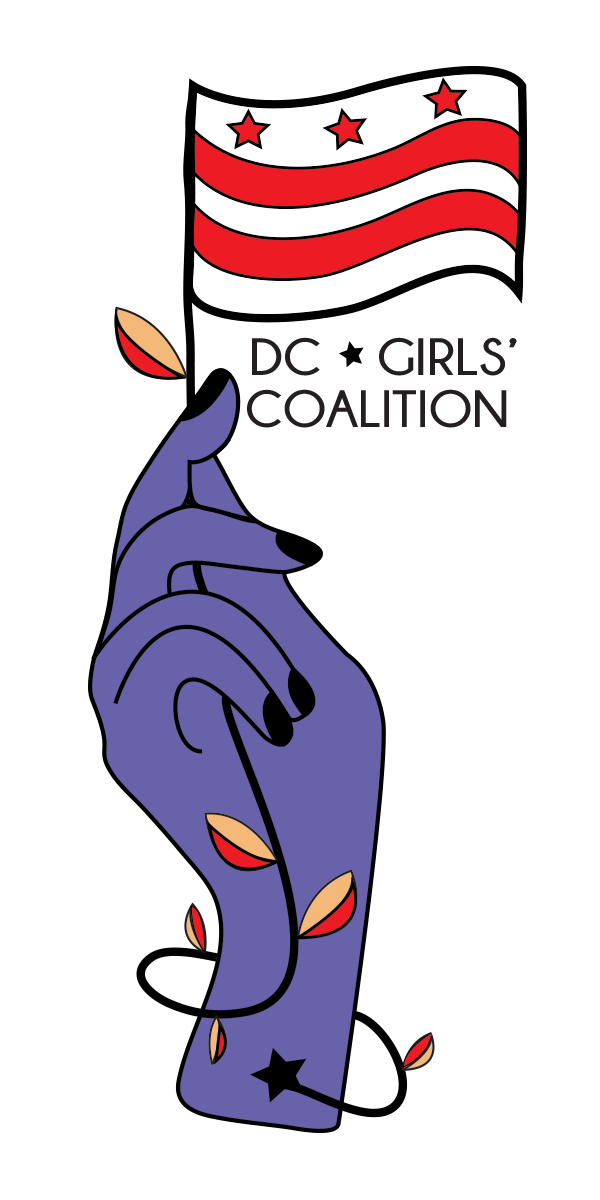DC Youth Task Force
-
Objective: Improve youth support in areas impacted by CFSA and housing by creating community-based solutions.
Key Initiatives:
Require that all DC mandatory reporters must complete community-based training with anti-racist, anti-homophobic, and anti-transphobic components. Also, placing placards that demonstrate anti-racist, anti-homophobic, and anti-transphobic practices in schools to demonstrate that mandated reporters have received this specialized training. Youth suggested having quarterly community-based training for all mandated reporters. Youth also reported having former foster care youth at the training as well as survivors of abuse at the table so all mandated reporters listen and learn from their stories and lived experiences.
Require transparency for mandatory reporters who work with youth at schools. For example, letting youth know the legal implications of being a mandated reporter and how they must report abuse & or neglect to CPS before the youth discloses information and providing additional resources in the event youth chooses not to disclose to a mandated reporter.
Having DC implement an alternative approach to reporting which is a tiered reporting system that will allow additional support in specific cases when appropriate instead of triggering a full investigation (PG County example). For example, having a process where peers can report abuse or neglect if needed.
Allow youth who are 16 and 17 to be able to consent to shelter on their own when necessary.
These recommendations focus on developing anti-bias training to all DC-identified mandatory reporters including, CFSA, DCPS workers, and any organizations/persons working with youth to address issues of racism, homophobia, and transphobia which impact reporting. The DCGC recommends:
That all DC mandatory reporters are required to complete community-based training with anti-racist, anti-homophobic, and anti-transphobic components. Also, placing placards that demonstrate anti-racist, anti-homophobic, and anti-transphobic practices in schools to demonstrate that mandated reporters have received this specialized training. Youth suggested having quarterly community-based training for all mandated reporters. Youth also reported having former foster care youth at the training as well as survivors of abuse at the table so all mandated reporters listen and learn from their stories and lived experiences.
Require transparency for mandatory reporters who work with youth at schools. For example, letting youth know the legal implications of being a mandatory reporter and how they must report abuse & or neglect to CPS before the youth discloses information and providing additional resources in the event youth chooses not to disclose to a mandated reporter.
Having DC implement a tiered reporting system that will allow additional support in specific cases when appropriate instead of triggering a full investigation (PG County example). For example, having a process where peers can report abuse or neglect if needed.
-
Objective: Reform education policies to enhance the curriculum, and overall school environment.
Key Initiatives:
Lobby for a comprehensive curriculum that includes Black History, Financial Literacy, and LGBTQ+ education to provide a well-rounded education.
Advocate for establishing and promoting comprehensive mental health and health education programs within schools.
Address the root cause of portable classrooms by advocating for increased funding for more qualified teachers and better training, supporting initiatives like the Black Swan Academy in improving the school environment.
-
Objective: Establish and promote both in-school and out-of-school career-based and creative programming to nurture creative expression and build a sense of community among students.
Key Initiatives:
Introduce and sustain in-school career-based programs tailored to student interests.
Push for the integration of career-based classes into the curriculum, allowing students to tailor their education based on their interests and future aspirations.
Establish and promote comprehensive creative programs outside of school hours.
Advocate for funding to support these programs and ensure their sustainability.
-
Objective: Supporting teachers and students by increasing training opportunities for teachers and more community support.
Key Initiatives:
Advocate for teacher training programs that cover sensitivity, mental health, LGBTQ+ issues, anti-discrimination, and specialized anger management training.
Seek funding to enhance mental health services and resources, ensuring they are accessible to all students.
Increase trainings for teachers around social and emotional learning
